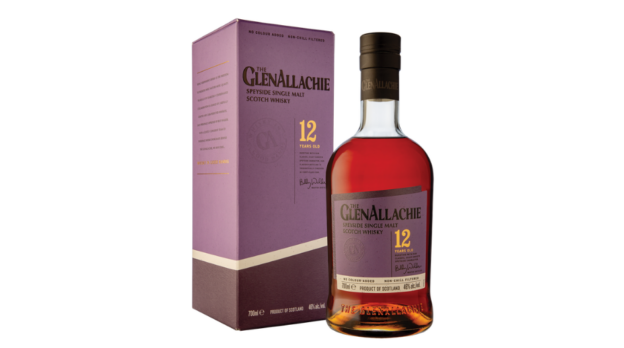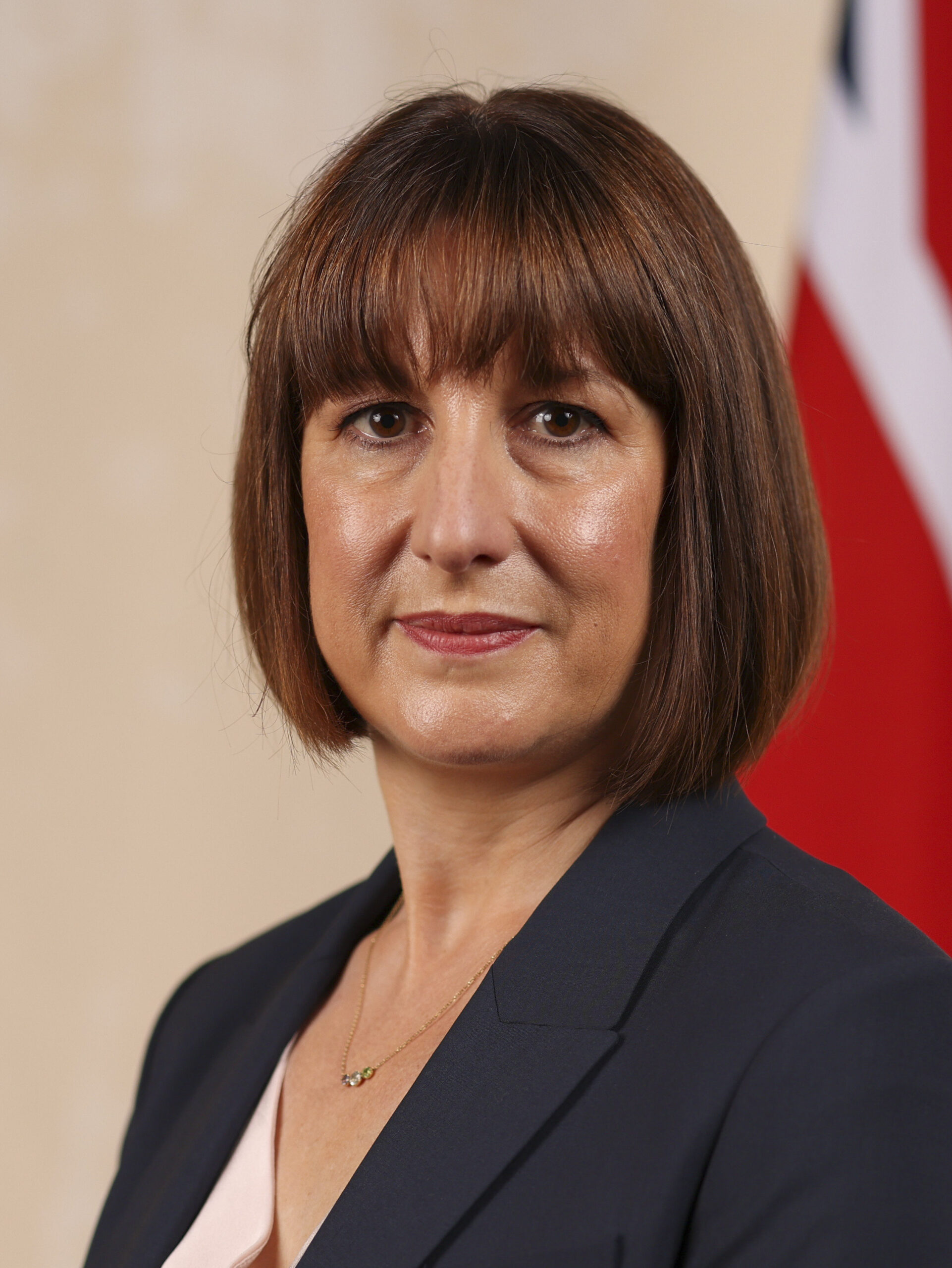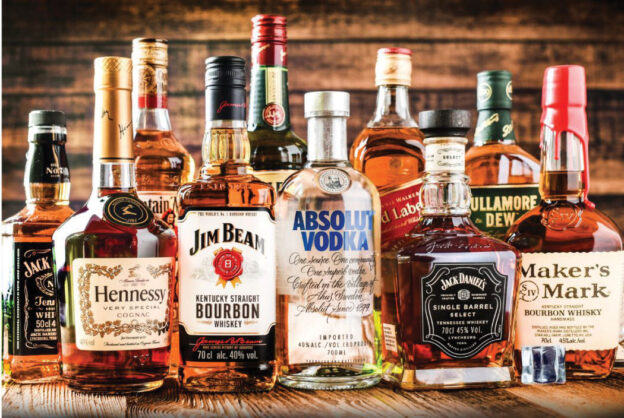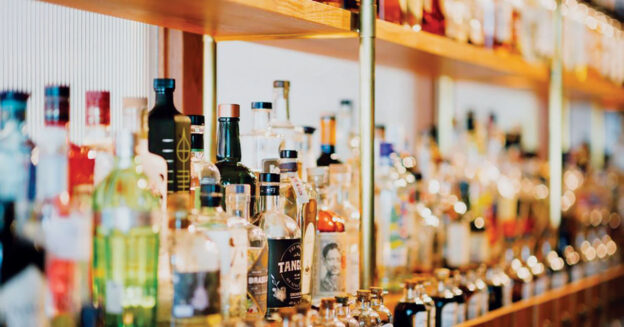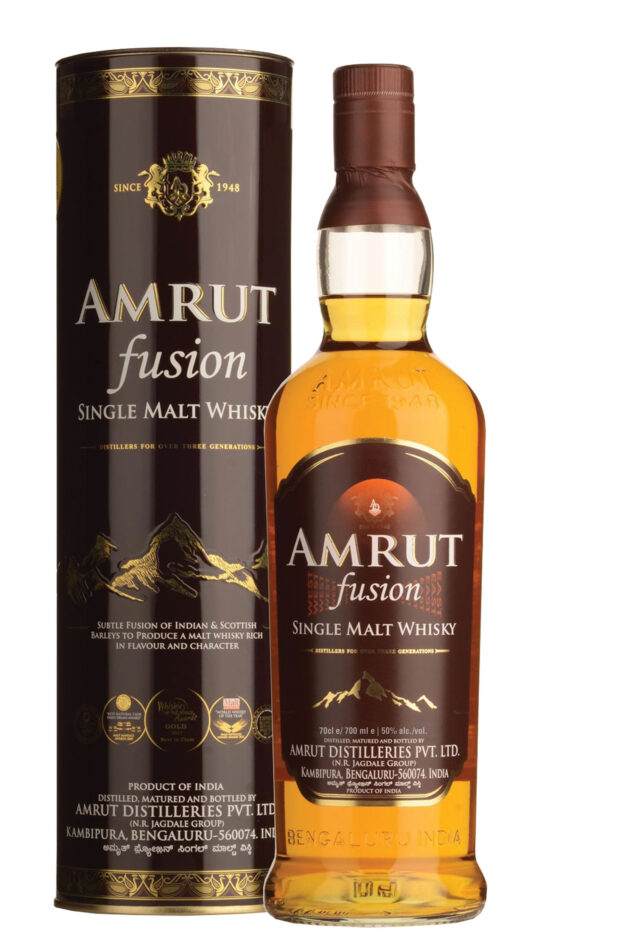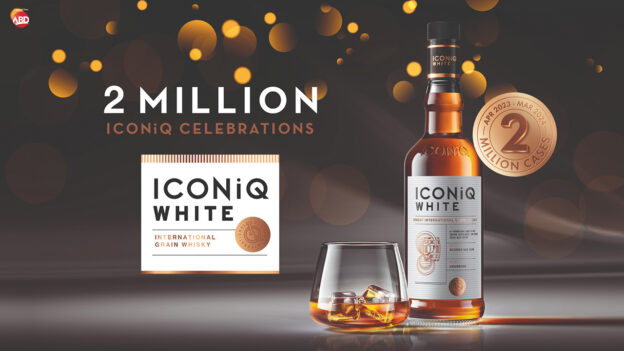Three whiskies—GianChand, Adambaraa, and Manshaa—trace the brand’s gradual climb from heritage to international acclaim.
Indian single malts have entered a stronger phase. Once the outsiders of the whisky world, they now find recognition among collectors and bartenders alike. Across India, distillers are treating whisky-making as both science and art; experimenting, observing, and letting the climate define their spirits’ tone and temperament.
That same focus filled the evening at The Quorum, Gurgaon, where DeVANS Modern Breweries Ltd. hosted an immersive tasting session for a select audience. The spotlight was on GianChand, the brand’s single malt range, introduced in three distinct variants: GianChand, Adambaraa, and Manshaa. Each bottle told a different story, tied by a common pursuit of integrity and finesse.
Later, I interacted with Prem Dewan, Chairman and Managing Director of DeVANS Modern Breweries Ltd., who outlined the brand’s journey and the meticulous ethos behind its whiskies.
A heritage that progressed with time
DeVANS’ step into the single malt category came from decades of hands-on expertise, not impulse. “For more than thirty years, we supplied matured and fresh malt spirits to various companies across India,” Prem Dewan said. “The quality of our matured stocks was exceptional. Eventually, we decided to bottle them ourselves rather than sell them away. That decision led to the birth of GianChand.”
The name, he explained, carried both sentiment and symbolism. “We wanted an identity that reflected Indian origins,” he said. “Our founder, Shri Gian Chand, had begun as a journalist before entering the liquor business in the 1940s. He built DeVANS on ethics, precision, and quality; values we continue to uphold. The single malt honours that legacy.”
Three whiskies, one intention
At the tasting, guests sampled the three expressions sequentially, noting how each carried a separate flavour identity. “GianChand has a gentle peat layer and matures for around four years,” Prem Dewan explained. “Adambaraa and Manshaa age for over seven. Adambaraa is unpeated, while Manshaa introduces peat for the first time in our lineup.”
All are matured in once-used American bourbon barrels. “We work with first-fill casks because they provide richness and subtle sweetness,” he added. “They lend character without overpowering the malt.”
Adambaraa delivers notes of barley, caramel, and dried fruit; Manshaa introduces restrained smoke with malt sweetness and earthy undertones. The original GianChand balances spice and soft oak. “Our whiskies carry a texture people instantly recognise,” Prem Dewan mentioned. “It’s refined and coherent across the collection.”
Technique moulded by terrain
Prem Dewan described DeVANS’ process as faithful to traditional whisky-making yet flexible to Indian realities. “The fundamentals remain constant: fermentation, distillation, maturation,” he said. “We allow natural fermentation, letting yeast perform at its own rhythm. Distillation is where innovation thrives. That’s where we influence the spirit without losing authenticity.”
The company’s custom-built copper pot stills help preserve uniformity and definition. Jammu’s natural environment does the rest. “Summers are warm, winters are crisp, and both have strong day–night contrasts,” he explained. “This variation promotes ideal interaction between wood and spirit. Our water source, pure and mineral-rich, adds clarity to the whisky.”
India’s temperature accelerates maturation, but Jammu’s geography adds poise. “One year of ageing here equals several elsewhere,” Prem Dewan said. “Yet it happens with balance, not haste. The outcome is layered complexity rather than intensity.”
Recognition and practice
Acknowledgement soon followed. DeVANS’ single malts have earned international distinction, reinforcing the quiet discipline behind their creation. Adambaraa won Best Indian Single Malt at the IWC 2025 in Las Vegas, while Manshaa received International Whisky of the Year at ISW 2025 in Germany.
“Such honours affirm years of disciplined work and a clear production philosophy,” Dewan said. Yet he quickly grounded the discussion. “Awards matter,” he said, “but maintaining quality is our real goal. We have detailed systems and trained teams ensuring each batch meets our benchmark. The bottles reflect a process we never compromise.”
From Jammu to the wider world
DeVANS’ legacy in brewing continues to influence its approach to whisky. “Brewing taught us control and hygiene,” Dewan said. “Those same principles guide our distilling operations. Precision ensures consistency, and consistency builds trust.”
Exports have expanded steadily. “We’re now present in the United States and Australia,” he said. “Canada and several other markets are in line. The response has been remarkable. International buyers appreciate our structure and purity, while Indian consumers feel pride seeing homegrown malts performing globally.”
Looking forward
Before we concluded, I asked Dewan about upcoming releases. He offered a glimpse without revealing too much. “Our production units are actively developing new ideas,” he said. “Fresh expressions and limited editions are in progress. Once ready, they’ll extend the GianChand narrative. Innovation is ongoing; it’s a part of our DNA.”
As the evening drew to a close, one thing was evident: Indian whisky no longer seeks validation. It has earned its standing through intent, technical precision, and an unwavering commitment to progress. GianChand represents that maturity; an Indian malt that speaks clearly, without excess, and leaves an impression built on substance.




